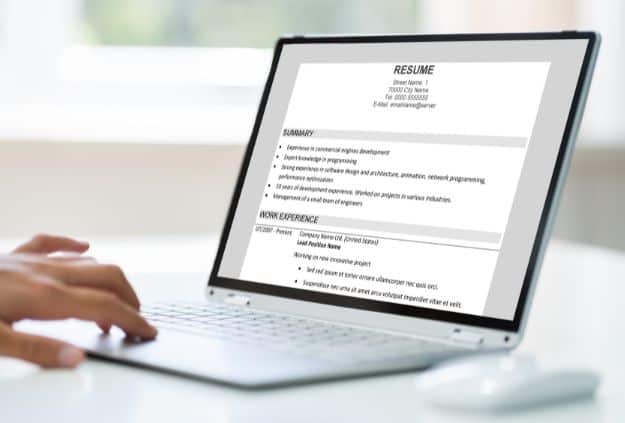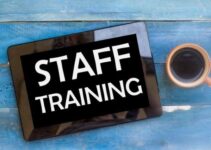6 Resume Lines Every Physician Needs On Their Resume
Physicians are in extremely high demand right now, giving physician candidates more bargaining power in the hiring process than ever before. Thanks to this, they can access high salaries and unique, valuable benefits packages at a truly impressive rate. To truly nail your interview and land your dream job. However, you need to have a resume that impresses modern-day medical recruiters. To assist you, here are six resume lines that every physician needs on their resume:
1. Interpersonal Communication Skills
Understanding how to effortlessly and effectively communicate with everyone around you is a key skill that every physician must hold. Oftentimes, you’ll need to make quick, accurate, and informed decisions about patient care multiple times within a single interaction. Although the amount of communication-savvy physicians are expected to have can feel overwhelming, it’s a necessary evil. To excel, quality physicians must have the capacity to communicate complex ideas and diagnosis information to patients. Physicians who excel at communication will have a much easier time nailing interviews and finding quality physician work online as well.
2. Clinical Staff Skills
Alongside communication skills, physicians need to understand how to effectively combine their medical efforts with those of all the clinical staff in their work environment. After all, most physicians have at least a few clinical staff members who work underneath them daily. The more successful physicians are at working with clinical staff members, the more effectively they can treat their patients. Before interviewing for a quality physician job, you must think of a story that demonstrates your ability to work with clinical staff members (it may just come in highly useful).
3. EMR
Physicians have to constantly deal with a deluge of medical records, patient information, and filling tasks. Quality EMR practices allow physicians to handle these complex digital systems without becoming overwhelmed. Every time you input information into the system, you’re drastically affecting the care you’re providing to your patient. Down the line, when your patient sees another medical professional, they will be affected by whatever you’ve put into the system as well. Due to this, all physician candidates working today must have a stellar knowledge of EMR practices and the many common databases that medical professionals are using.
4. Internal Medicine Knowledge
Internal medical professionals are constantly working alongside physicians to give their patients the best care possible. If a physician candidate excels at internal medicine knowledge and practices, they can up their value to employers (while giving their patients an even higher standard of care in the meantime). Understanding how the field of internal medicine is evolving, from a physician’s standpoint, will allow you to qualify for more unique, specialized positions in the medical field as well. The more you dedicate yourself to expanding your medical know-how, the easier it will be for you to finally locate your dream physician job in 2022.
5. Diagnostic Skills
Accurately diagnosing your patients is your top responsibility as a physician. Every aspect of a patient’s care relies on their diagnosis being reasonable, accurate, and detailed. Emphasizing your knack for, and skills in, diagnostic care will be crucial to standing out from similarly qualified physician candidates. Remembering an anecdote that demonstrates your stellar diagnostic skills will help you immensely in any upcoming interviews. To excel in today’s more demanding and diversified medical industry, you need to have skills that will go well beyond the typical or expected.
6. On-the-Job Learning Capabilities
Every medical professional understands that their medical education is never truly finished. After you take on a job, you’ll be learning new information, medical skills, and digital filing systems practically every single day. This versatile approach to learning will help you gain a more hireable level of experience as well. As we mentioned in the diagnostic skills section above, having an anecdote that demonstrates your ability to excel at on-the-job learning will come in incredibly useful. If you can convince your future employer that you’ll be a constantly evolving asset for their medical practice, you’ll be much more likely to secure the job you’re interviewing for.
It’s Time to Revise Your Resume
Now that you understand how important each of these six skills is, you can begin revising your physician resume for the remainder of 2022. While the year is nearly over, the number of quality open physician jobs out, there is still incredibly high. If you’ve been looking for a change of scenery, or want to finally locate your dream physician job, now is the time to take charge.






